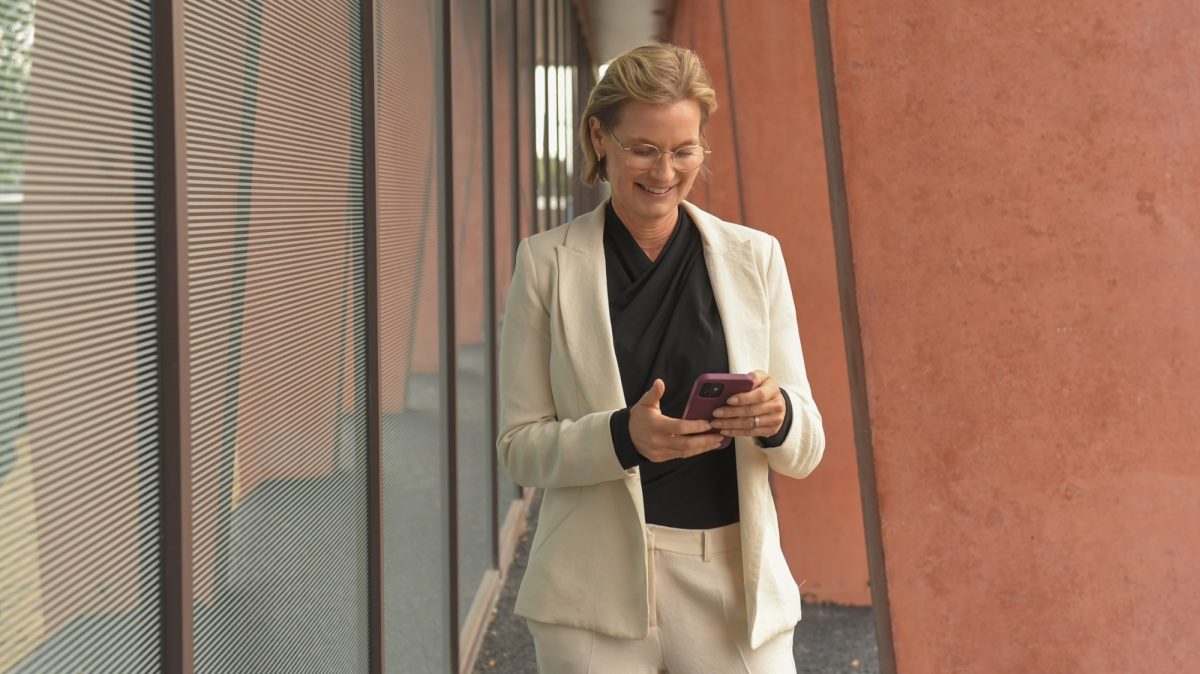3 ways to securely store your crypto assets

1 December 2022
You probably haven’t missed the downfall of crypto exchange FTX. At least one billion dollars of customer deposits have “vanished”, which has significantly damaged the crypto sector’s reputation. Crypto owners worldwide have realized that storing their funds at an exchange is not without risk and have started withdrawing their funds to their own custody.
“Not your keys, not your coins”
A well-known quote from the crypto space. The underlying philosophy of decentralized technologies like bitcoin, is that you can fully own and custody your (digital) assets by yourself. Instead of having some third party, like a bank, take care of the custody for you, you’re able to hold the private keys without any intermediaries.
This also involves a lot of self-responsibility. What if you lose those keys, or what if there’s an emergency or you pass away?
You’ll need some knowledge about the space before you start taking matters into your own hands. It’s important to know what pitfalls you may encounter when taking custody of your digital assets yourself.
Do you want to securely store your crypto assets? Then there are three ways to do so, all of which have different tradeoffs.

1. Self-custody
If you choose to “become your own bank”, you’re taking full responsibility of securely storing your crypto assets, which frees you from the risk of a third party mismanaging your funds.
This autonomy does come with its own set of questions. What does secure storage mean exactly? Which software and hardware can I use? How do I create a backup, how do I store it, and what happens if I lose it? Are my computer and home network secure? And how do I make sure that everything stays up to date?
All these questions can be answered properly for each situation that you may find yourself in. So don’t get discouraged, but do make sure that you start working carefully and methodically.
Self-custody is not for everyone. You might know that you often lose things, which could happen to your private keys, which would lead to you losing access to your funds. It’s also important that you make a clear plan for your inheritance.
If you don’t have time to learn all the ins and outs of self-custody, or simply prefer to leave this type of thing to a specialist, professional custody might be a better option for you.
2. Professional custody
A professional custodian will relieve you from all the burdens of safely storing your crypto assets. This reduces the risk of theft or loss of your private keys and makes your assets transferable in case you come to pass away.
The downside is that you’re trusting a third party with your assets and are again dependent on the proper management of your assets by this party. This doesn’t necessarily have to be a problem, but there are a number of things that you need to watch out for.
It’s important that all of the assets are kept in a full-reserve way. This way you can know that your assets are not being loaned out to other parties, like FTX did. It’s also a good idea to stay informed about the measures your custodian has taken against loss, theft or bankruptcy. It’s especially important to make sure that your assets are kept separate from the custodian’s.
Lastly, it’s good to know where the custodian is incorporated, and thus how it’s regulated. The rights you have and the obligations that you and the custodian have to each other can vary wildly from country to country. By choosing a Dutch party, you’ll know what rules and regulations your custodian has to abide by, and what happens if something goes wrong.
If you want to hold full control of your assets but would still like to have a failsafe in your custody plan, then there’s the option of collaborative custody.
3. Collaborative custody
When using collaborative custody, funds can only be moved by using two or more keys, one of which (the backup key) is held by the custodian.
The advantage here is that you have a backup when you lose one of the private keys. While the custodian cannot move your funds on their own, they can provide you with the backup key when something goes wrong.
This way of storing your funds is a little more complex than the previously mentioned ones. You’re using multiple keys to sign a transaction, and you’re still fully responsible for access to your vault yourself. This is also usually a more premium service which incur costs.
At Amdax, we help you figure out how to securely store your crypto assets.
That there are multiple ways to store your assets, doesn’t mean you have to choose only one. How many and which of these options you choose, depends on your personal needs; if you want to be able to trade quickly, you’ll choose different ways of storing your keys than when you’re a true hodler.
At Amdax, we’re ready to help you figure out what’s best for you. We’ll figure out a personal custody plan together, in which we’ll look at our own service offerings and even beyond to find the solution that fits for you.
Amdax is a so-called full reserve custodian, which means that we don’t do anything with your funds, other than store them extremely securely. We have strict procedures and use advanced technology to make sure that we don’t take any risk with our customer’s funds, which has always been the standard for us.

Our website uses cookies
We use cookies to personalize content and advertisements, to offer social media features and to analyze our website’s traffic. We’ll also share information about your usage with our partners for social media, advertising and analysis. These partners can combine this data with data you’ve already provided to them, or that they’ve collected based on your use of their services.